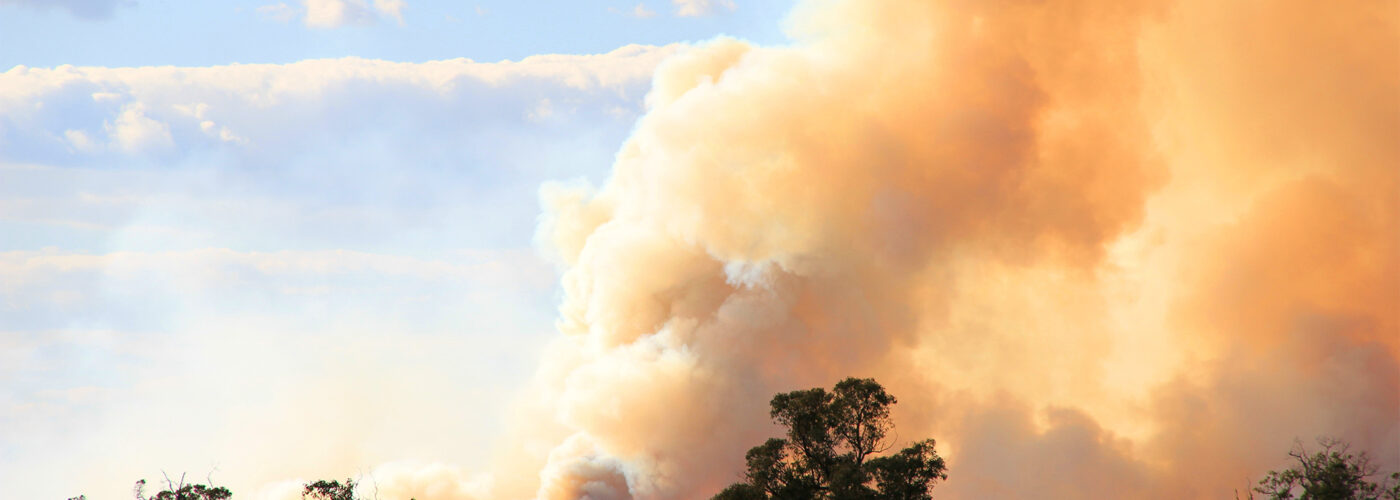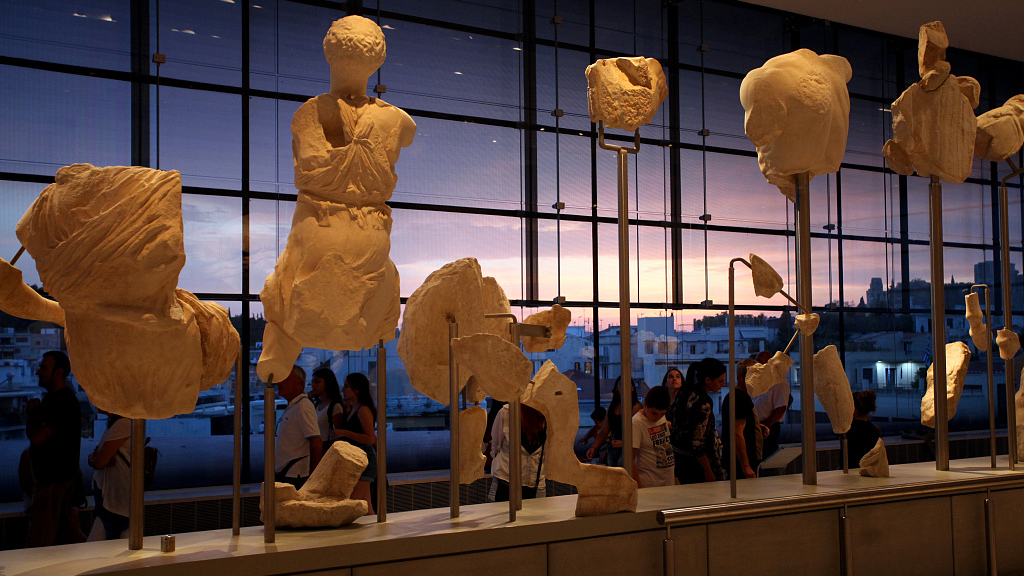What Travelers Need to Know about the Australia Fires (and How to Help)

You’ve most likely currently found out about the bush fires in Australia that are presently devastating the nation. All six Australian states have actually seen damage from fires, however New South Wales (that includes Sydney) has actually been struck hardest, where 136 different fires (including 69 that are not consisted of) continued to burn this week, according to a CNN breakdown. A minimum of 24 individuals are dead. And in New South Wales alone, approximates a University of Sydney professor, almost half a billion animals are dead, too.
First, if you wish to help combat the fires in Australia and assist individuals impacted, you have choices. The Australian Red Cross is one location to contribute. Nicole Kidman (who is Australian) published her own list of locations to contribute here, however the direct contribution page for the New South Wales Rural Fire Service can be found here. You can likewise send out money to the New South Wales Rural Fire Service via this donation page established by Australian comedian Celeste Barber.
If You’re Traveling to Australia
Evacuation orders are in effect, and air in Sydney was reported at “11 times the ‘dangerous’ level” in December. So it might not appear like an excellent time to take a trip to Australia. However what if you currently have plans to go? Lonely Planet wrote some things to consider, including where precisely there are fires in Australia, in this post.
Among the insights offered:
“Consider bringing a filtering mask with you. The ones to try to find are called N95 or P2, specialists the Aussie ABC talked to verified, and are relatively inexpensive. Be conscious that these requirement to fit tightly, so anyone sporting a beard, take note and take a razor.”
“This is certainly a journey where you desire to make sure that you’ll have complete smart phone information and call connection, so get a SIM card at the airport or get an eSIM if your phone supports them.”
“Consult your travel insurance: it might not cover bushfires: The fundamental guideline [s] when it comes to natural disasters and travel insurance coverage are that you should read your policy very carefully to guarantee it covers them, which you’ll need to have actually secured the policy in advance of the disaster starting.” (For travel insurance coverage, I have an annual plan with Allianz, for which I am a brand ambassador.)
A post from Our 7 Worlds takes a look at the question in even more information. It breaks down the status of the fires state by state and offers advice for travelers to think about. Simply put, its position is this: “Yes–– absolutely, you should still take a trip to Australia. No, you need to not cancel your trip. There are lots of gorgeous parts of Australia that are untouched by the bushfires … Australia is a large country.”
The choice of whether to travel to Australia now, however, is yours. For now, we’re considering everybody affected. Below is a main statement from Tourist Australia:
“Like all Australians our sympathies head out to the families and communities who are affected by the fires, and our gratitude grows more powerful by the day for the front line services facing the fires head on. Whilst bushfires continue to effect parts of Australia, many locations are untouched and a lot of tourism companies are still open. It is more crucial than ever that we rally around our communities and the tourism sector who may have been affected.
“We would motivate all tourists concerning Australia to look for the most up to date information prior to departure, and remain informed about changing conditions whilst on the ground. The Australian Federal government’s Bureau of Meteorology supplies total weather condition updates for all parts of Australia, including the most recent fire warnings: bom.gov.au. For particular guidance, updates are readily available from the Rural Fire Service, National Parks and pertinent State or Area emergency services. Travelers are also encouraged to talk to local tourist operators and staff at local Visitor Info Centers for advice about local conditions and how finest to enjoy their time in Australia.”




